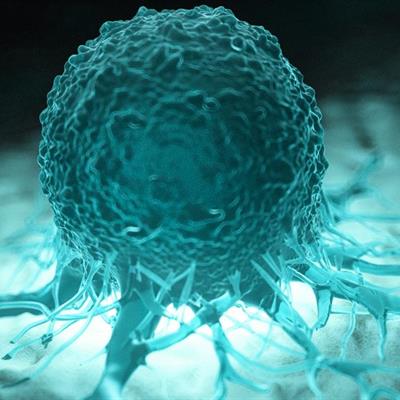March 21, 2022 -- The use of viral vectors has gained significant traction in recent years with many companies implementing and expanding on such technologies. Exothera, Novartis, and Ray Therapeutics are some of the companies that have directly invested in the expansion of viral vector technologies, according to Cell and Gene Therapy Business Outlook, a sister publication of ScienceBoard.
Investment in technologies such as viral vectors is of high value to the medical industry, allowing for the development of novel and innovative therapies. Such cutting-edge technologies often benefit from collaboration between companies to expand each other's capabilities and resources.
Exothera-IDT Biologika
One such partnership, the Exothera-IDT Biologika partnership, aims to develop large-scale manufacturing for viral vector-based vaccines.
Exothera is a Belgium-based contract manufacturing and development organization focused on delivering customized process development and manufacturing services for a variety of medical innovations. The feasibility study for this process focuses on the Modified Vaccinia Ankara virus as a first example of IDT's vector technologies. The collaboration has also involved the scaling up of IDT's upstream vector manufacturing process using the NevoLine bioreactor platform. Financial details of the collaboration were not disclosed.
Novartis-Voyager Therapeutics
Novartis is a global healthcare company with a wide range of capabilities, including drug discovery and development, as well as advanced gene therapy manufacturing. Among these capabilities, Novartis notably invests in cutting-edge fields like gene therapy using viral vector technologies, such as adeno-associated viruses (AAV). In support of such investments, Novartis has entered into an agreement with Voyager Therapeutics for the development of AAV gene therapies. Through this agreement, Novartis will be able to evaluate novel capsids from Voyager's TRACER (Tropism Redirection of AAV by Cell-type-specific Expression of RNA) platform and can exercise options to license these capsids for AAV gene therapy development. The gene therapies will be focused on three central nervous system (CNS) targets, with the option existing for investigating two additional targets as well. The financial details of this agreement were not disclosed.
Ray Therapeutics-Forge Biologics
Ray Therapeutics is a biotechnology company focused on the development of optogenetic gene therapies for patients with blinding diseases, including retinitis pigmentosa and other degenerative retinal disorders. Ray Therapeutics uses a variety of technologies to achieve this goal of restoring vision, including AAV vectors, which require significant manufacturing capabilities. To assist Ray Therapeutics with the manufacturing of these potentially life-changing therapies, Forge Biologics has agreed to provide AAV process development, scale-up engineering, and current good manufacturing practice (cGMP) manufacturing services for the company's leading optogenetics gene therapy program for retinitis pigmentosa, Ray-001. As part of this agreement, Ray Therapeutics will be able to utilize Forge's platform process, including its HEK 293 suspension Ignition Cells and pEMBR adenovirus helper plasmid to provide the AAV manufacturing and development services. Financial details for this agreement were not disclosed.
Exothera, Novartis, and Ray Therapeutics are a few companies that are actively partnering with other companies to improve key components in therapeutic development. As other companies follow suit, there should continue to be breakthroughs in the therapeutics space for a variety of disease states.
To stay up to date on the latest business happenings in the cell and gene therapy industry, check out Cell & Gene Therapy Business Outlook today!
Copyright © 2022 scienceboard.net
Last Updated 3/21/2022 12:38:04 PM





